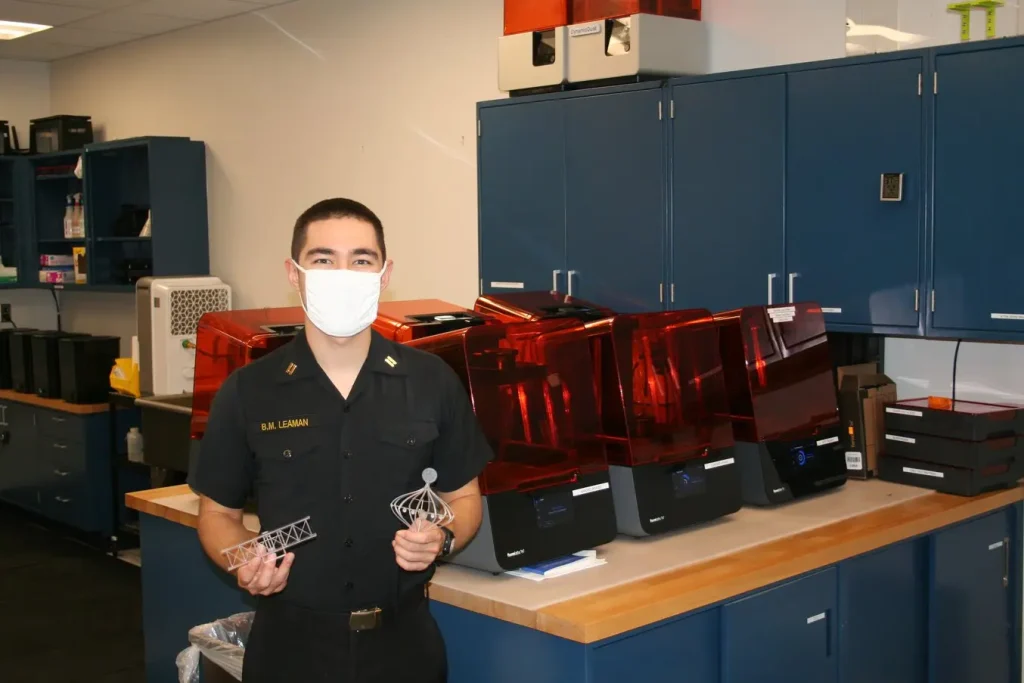When I read his piece, I came to a very different place. Rather than us versus them, I think that “The citizens and lawmakers of the Commonwealth of Massachusetts are about to learn a hard lesson: Ignoring the state’s job growth engine when making policy carries a steep price for our economy.”
Farrell is right that the Mass Technology Leadership Council is the state’s largest technology trade association with over 500 corporate members. But he misses a nuance in our advocacy role and available resources if he thinks we can maintain the sort of roll-up-your-sleeves lobbying needed to comb through every piece of legislation (the issue at hand was buried in a Transportation Bill) and then aggressively lobby in favor or against any given provision.
- We are the lead local tech council, working with the Administration’s Mass Technology Collaborative, House and Senate leadership, tech lobbying groups, and others, to create a forum and ongoing communication mechanism through a new Legislative Technology Caucus. Together we have convened three briefing events between industry and policy makers in the past six months.
- We organized a DC Fly-In event in Washington and visited the offices of every member of our Congressional Delegation. The Council briefed principals and staffers on the tech sector and shared our recent Robotics and Big Data research reports. This annual forum also provides an opportunity for member executives to get face time with the delegation to discuss their specific issues.
- We have also testified about or “signed on” to various letters of support authored by UMass and/or various tech lobbying groups on issues such as: computing education standards, funding tech internships, matching R&D grants, high-skilled immigration reform, etc.
Our focus is on accelerating innovation and growth in the state’s economy by focusing on our members needs and how we can attract and retain talent, companies, and investments in MA. Over the past five years or so our initiatives have been primarily focused in three areas: (1) connecting people across the technology landscape, (2) providing access to industry leading content, and (3) offering a collaborative platform for driving ideas and people forward.
While MassTLC has never been a lobbying focused organization (we did employ part-time lobbying resources to inform leadership a half a decade ago), we are very active in shaping the public debate and influencing policy creation. Here are some of our more recent activities:
Given available resources, our focus on developing sound technology policy, and the fact that the main initiatives I have outlined have provided tangible and measurable benefits to our members, MassTLC does not currently invest in a roll-up-your sleeves lobbyist.
On the specific issue of extending the state’s sales tax to include “computer system design services” and in keeping with our role, the Mass Technology Leadership Council is launching a task force to work directly with the Department of Revenue, the Mass Taxpayers Foundation, and other relevant entities to understand and explain the implications of how this particular legislation is being interpreted.
Now, before I close, I am somewhat dismayed by how our public officials are characterized in Farrell’s story as well. He quotes: “We have heard precious little from industry. There are people who could have weighed in earlier that we didn’t see.” This implies, I guess, that legislators are just sitting around in their offices waiting for special interest lobbyists rather than reaching out to affected constituencies to fully understand the implications of legislation they are proposing.
It is my sincere hope that any legislator, when considering any provision that could adversely


